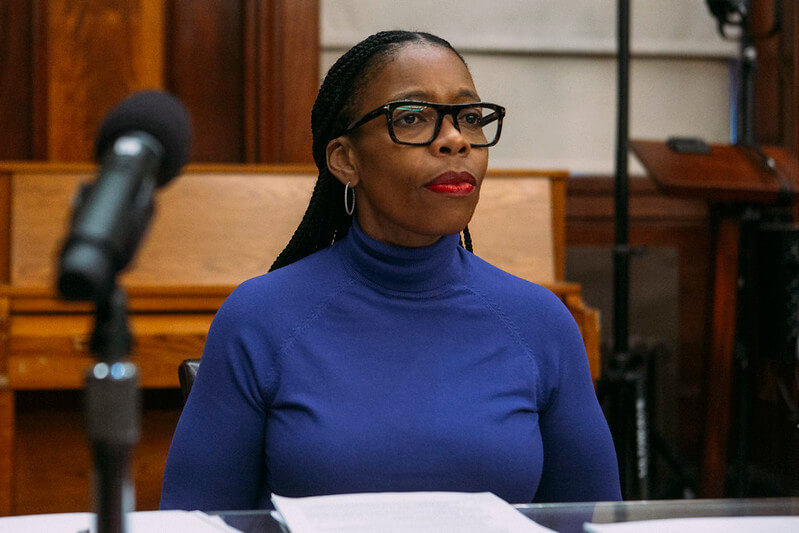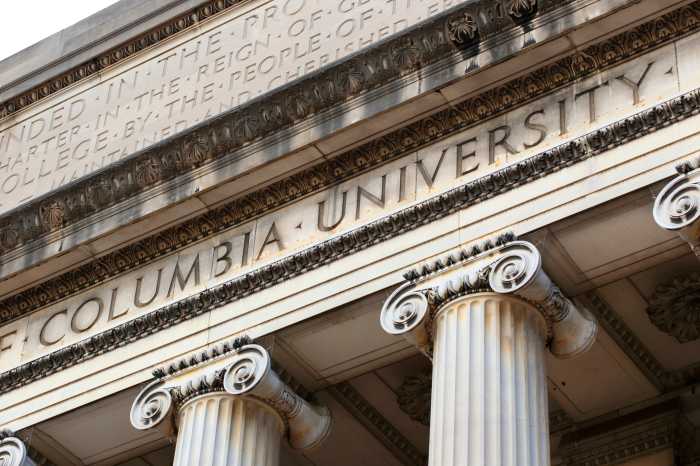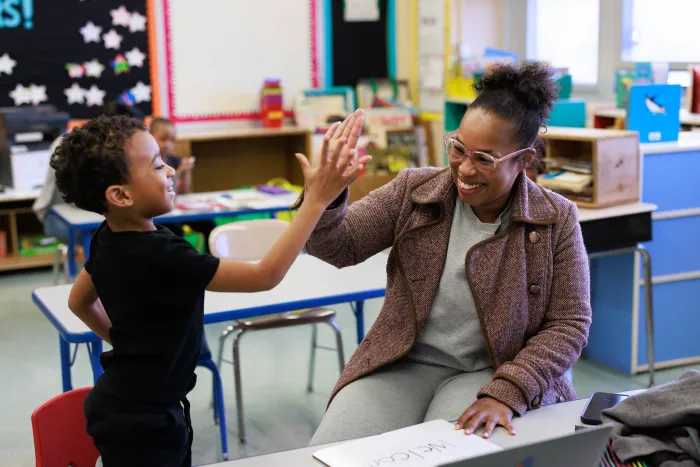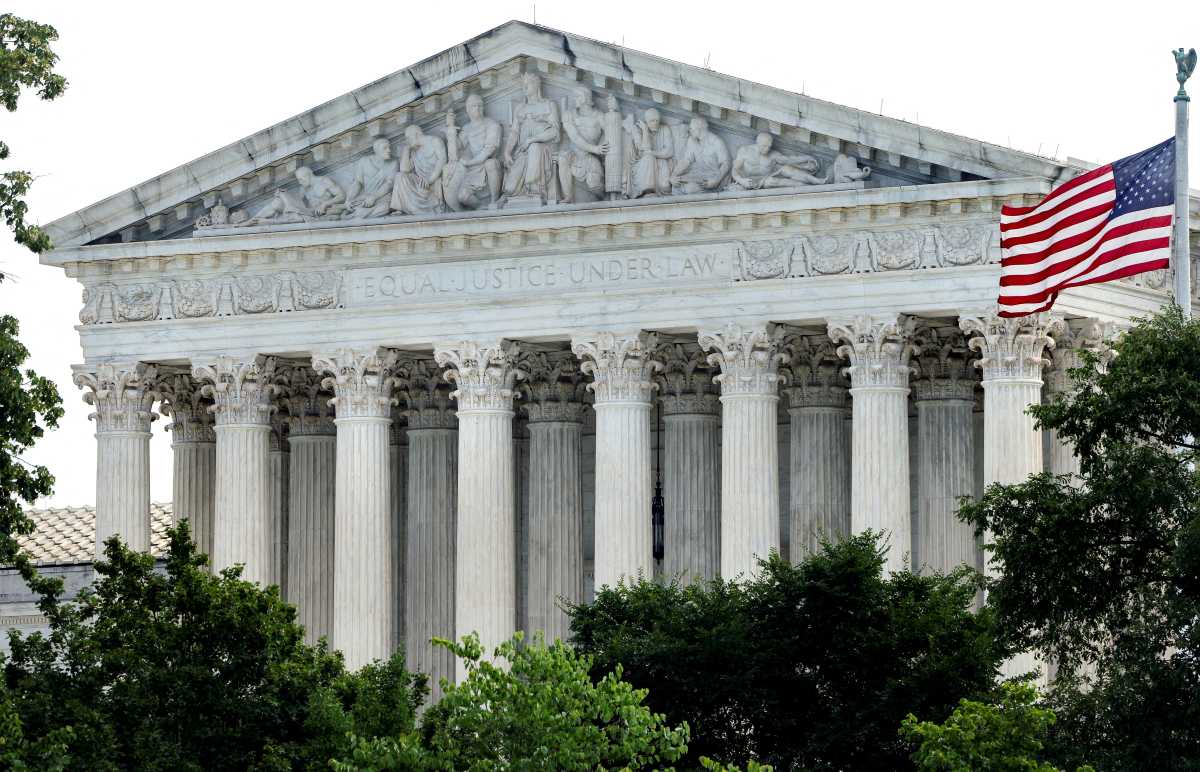Bullies, meet the anti-bullies.
On Wednesday, Jan. 25, the city’s education committee held a hearing to discuss a bill introduced by Councilmember Rita Joseph (D-Brooklyn) that would create an anti-bullying task force for New York City schools.
The task force would comprise of public officials, DOE employees, and experts in conflict resolution, bullying prevention, mental health, school safety and education. The group would be tasked with developing a plan to combat bullying in schools.
In the 2019-20 school year, there were 10,813 reported bullying and discrimination incidents, including cyberbullying, across NYC public schools, according to New York State Education Department data. The number of reports nosedived during the following 2020-21 school year, where only 3,355 reports were collected. But the National Center for Education Statistics still lists student bullying as the largest school discipline issue across schools nationwide.
At Wednesday’s hearing, Julianne Huang, a junior at Staten Island Technical High School and student advocate with the Coalition for Asian American Children and Families, explained how the racism she endures at school might not be obvious to others because they are “jabs that were disguised as jokes.”
“Most bullying is subtle,” Huang said. “Not loud enough that it’s concerning for teachers to take notice. But enough for students to carry it for themselves for the rest of their adolescence and onwards.”
Huang said there is only one liaison at her school who handles bullying, harassment, and discrimination. But it’s not clear to her what happens after incidents are reported.
“Simply encouraging students to report is not enough,” Huang said. “We must assure them that the help and justice will be restored after their vulnerable experiences.”
Hudson Chou, a senior at NYC iSchool in Soho and youth advocate working on mental health education in NYC public schools, said at the hearing that anti-bullying services at his school are minimal at best with two guidance counselors for 500 students working on bullying incidents.
“I’ve been a target of micro-aggressions from fellow students at schools and on occasions from teachers,” Chou said. “I know that my experience is not unique and thousands of other AAPI students in New York City have the same treatment. School staff are unable to recognize and respond to these micro-aggressions.”
Chou said there are not enough support systems from school administrators to support students’ mental health. He believes that an anti-bullying task force could set a standard for schools to be accountable towards. He stressed that the task force focus on the correct means to ending bullying, without resorting to punitive punishment.
“The focus on safety should not mean students are punished for wrongdoing,” Chou said. “We hope the city places a priority on education, restorative justice, and healing.”
There were a total of six reports of bullying and discrimination each filed at Staten Island Technical High School and the NYC iSchool during the 2019-20 school year, according to New York State Education Department data. Those numbers increased by just one report for Staten Island Tech and decreased down to two reports for the iSchool during the 2020-21 school year.
But microaggressions can still lead to students feeling displaced and unsafe at their own schools, said Sandra Lu, a senior at Brooklyn Technical High School. She added that the definition of bullying has traditionally placed emphasis on physical violence, and left out emotional and verbal bullying, which can become commonplace microaggressions.
As representatives of their coalition, the students suggested more town halls and workshops where students, teachers, and administrators can discuss their identity and identify microaggressions.
“Most of the time, microaggressions stem from a gap in knowledge about various cultures or assumptions and stereotypes,” Lu said. “Because microaggressions may be unintentional and are common, they can be hard to detect.”
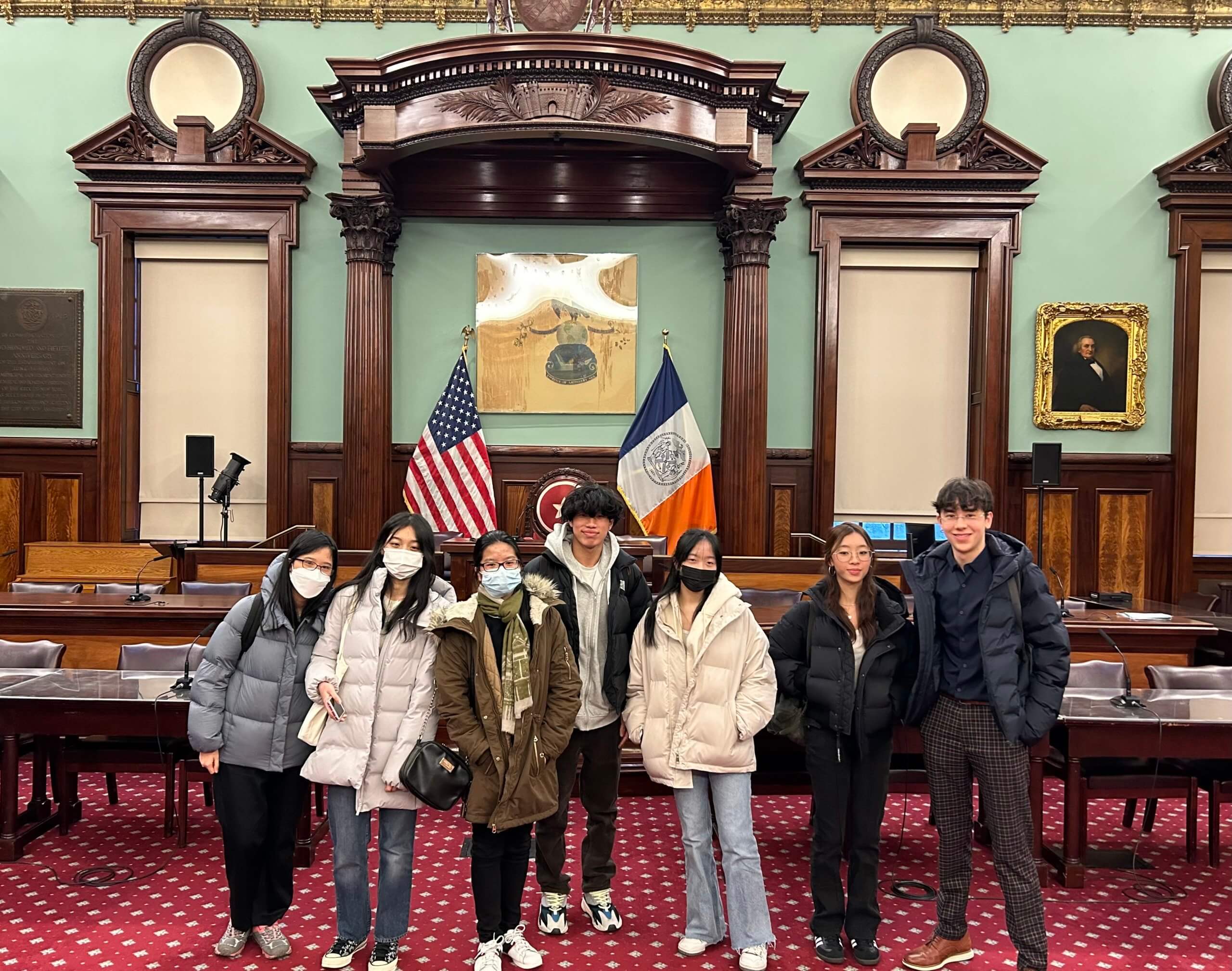
The city’s education department directed $8 million in 2017 toward improvements to anti-bullying programs. The allocation funded a bullying complaint portal, among other initiatives.
A New York state comptroller audit in 2019, however, found that the NYC DOE has failed to comply with the Dignity for All Students Act, an act that has been in effect since 2012 that ensures a school environment without discrimination and bullying for elementary and secondary school students. The audit noted the lack of reporting on bullying incidents and data, as well as vastly differing views on what constitutes as bullying.
Starting on Feb. 13, NYC DOE will dedicate a week to encourage schools to establish anti-bullying initiatives.
Below are ways to report bullying to the NYC DOE:
- Submit an online form
- Call 718-935-2288
- Email the Office of Safety and Youth Development at RespectforAll@schools.nyc.gov
- Contact the United Federation of Teachers Hotline at 212-709-3222, Monday – Friday, 2:30 p.m. – 9:30 p.m.
- If your issue involves sexual or gender-based harassment, contact the Title IX coordinator.
- Report the incident to your school’s Respect for All liaison(s) and/or school administration.
- Ask for the incident number from school administration for follow up. This is also known as Online Occurrence Reporting System (OORS) number.
- The school will investigate and must tell the parent or guardian of the target what they find. If needed, the child may be referred for support services.
- If the investigation finds that a student—or students—have been bullying or harassing your child, the school will follow the process described in the Discipline Code.
Read more: Asian-American Teen Assault in Brooklyn Raises NYPD Concerns



